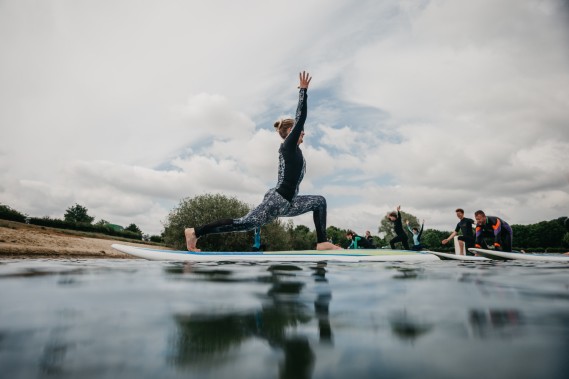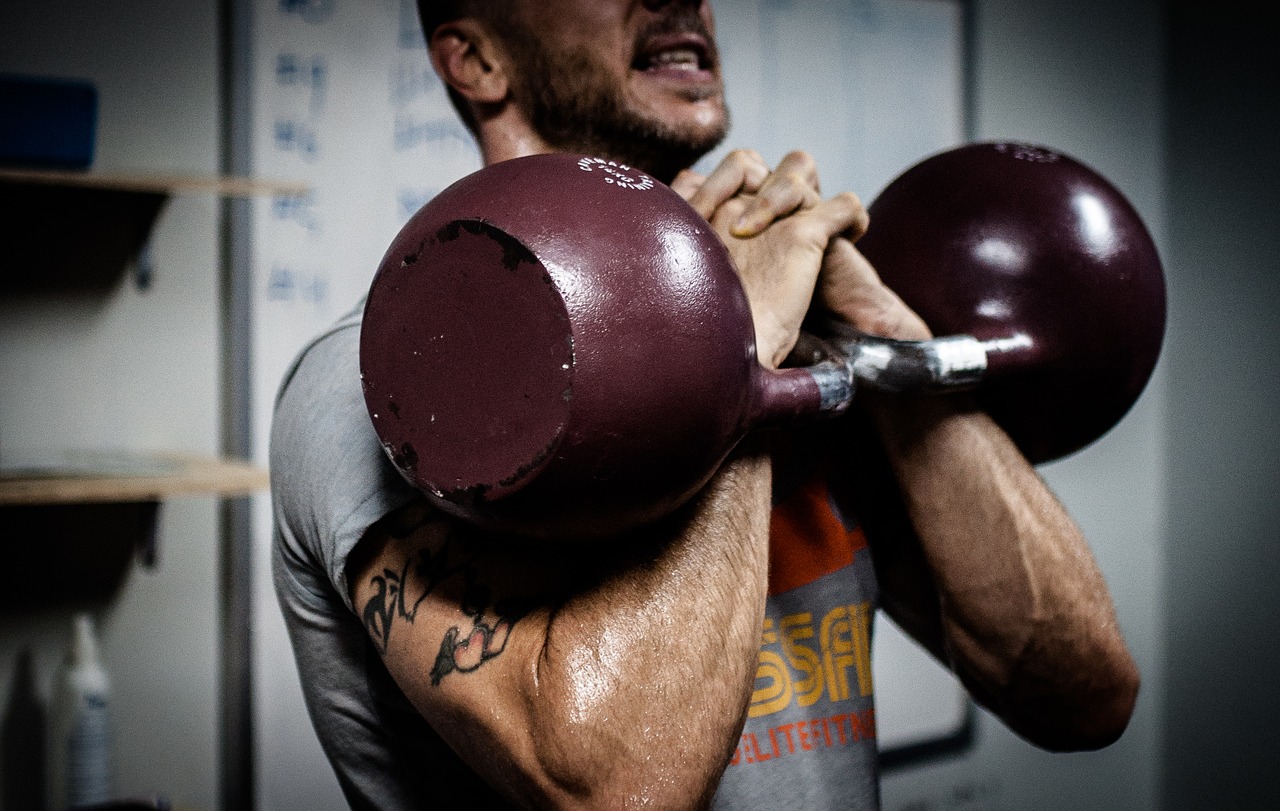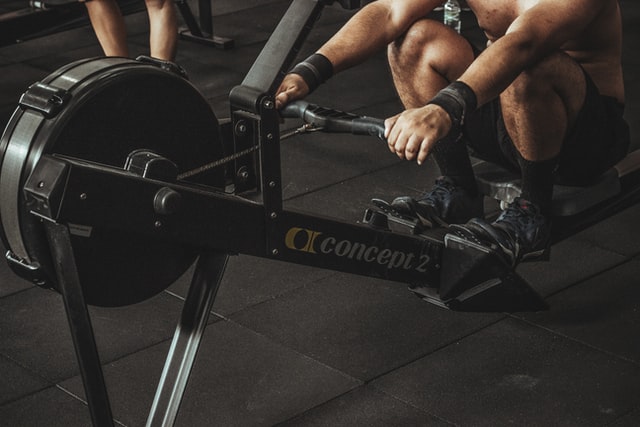How sharing economy can help athletes, fitness and sports professionals and well-being coaches.
The sharing economy has become quite the buzzword in recent years. It’s a relatively new concept that has taken the world by storm. The sharing economy is a way of looking at the goods and services we have and the resources we have access to. It’s about helping others and not taking ownership of things. The sharing economy has helped to create a culture that values access over ownership. It’s how we all should be looking at our goods and services, right? Not exactly.
The fitness industry has not embraced the sharing economy with open arms. And the same goes for athletes.
The fitness industry has become so focused on profit and exclusivity that it has resisted the concept of the sharing economy. In this blog post, we’ll discuss the rise of the sharing economy, why it’s so important and how it can be beneficial to athletes and fitness professionals.
What is the Sharing Economy?
The sharing economy is an economic model that encourages people and local businesses to share and give things away. Today, we have access to so many goods and services that we do not really need. This is especially true for large cities where access to things like grocery stores, restaurants and other services is limited. With the rise of the sharing economy, we have access to those goods and services that we do not need. Consider: Uber and Lyft have created a new way to get around. With these apps, you can request a ride and be picked up within minutes. You can also use them to schedule a ride. Essentially, this is car dispatch service. So why is it so important? These ride-share apps allow people to get cheap rides and save money. But more importantly, it’s about sharing your car, reducing carbon emissions and making transportation more accessible.
Why is it Important?

At best, idle equipment ends up being used as a cloth hanger.
The key to the sharing economy is that it helps to reduce waste and to give idle equipment a second chance. This is especially important for the fitness and sports industry. As an industry, we create so much waste. We buy gym equipment that sit unused (and takes up space), we buy sports gear in the hype of the moment, but it ends up collecting dust, thrown somewhere in the house or used (sometimes) in the weekends. That’s a lot of waste.
“The sharing economy is important for the fitness and sports industry because it helps to reduce waste and helps to connect people”
Right, what about helping to connect people? We often have our lives that we live alone. With Briskby for instance you can connect with others who share similar interests or a desire to be active. You can meet new people and engage in activities that make you feel better and improve your life-style.
How Can the Sharing Economy Benefit Athletes and Fitness Professionals?
There are a number of benefits that can come with the sharing economy. First and foremost, it’s about reducing costs. As we mentioned above, aspirant athletes, fitness professionals, but also people who are just willing to stay active, do not need to commit to expensive and bulky purchases, knowing that:
1. They might change their mind while trying that specific equipment or they simply want to try different equipment.
2. They don’t have or don’t want to store bulky items home.
3. They don’t want to travel with it, rather collecting it on spot.
The sharing economy can also help to engage with your community. It can help to build relationships with people who share similar interests or are looking for activities to do.
This is also true for qualified fitness professionals and athletes who are able to provide services, such as classes, courses and lessons. It’s all about community of like-minded people.
Conclusion
The sharing economy has become quite the buzzword over the past few years. It’s a relatively new concept that has taken the world by storm. The sharing economy is a way of looking at the goods and services we have and the resources we have access to.
It’s about helping others and not taking ownership of things.
The fitness industry has not embraced the sharing economy with open arms. And the same goes for sports. The fitness industry has become so focused on profit and exclusivity that it has resisted the concept of the sharing economy. The key to the sharing economy is that it helps to reduce costs, helping others to stay active and create a community of like-minded people.










